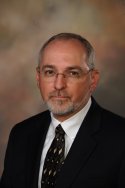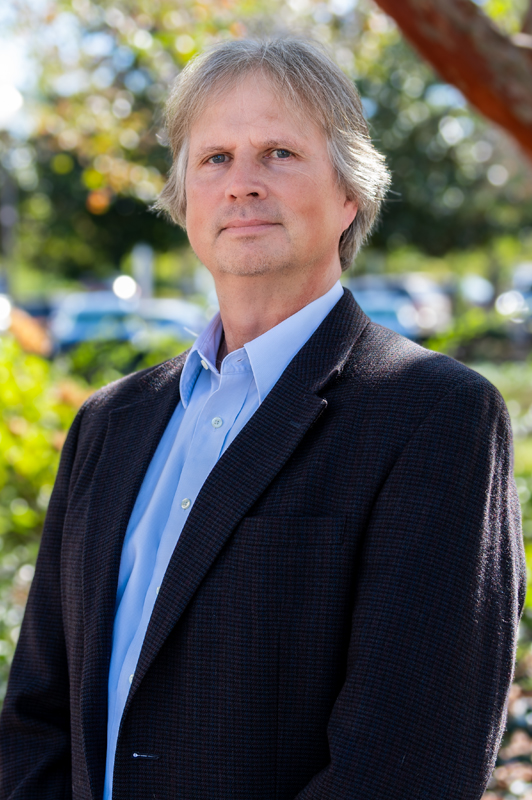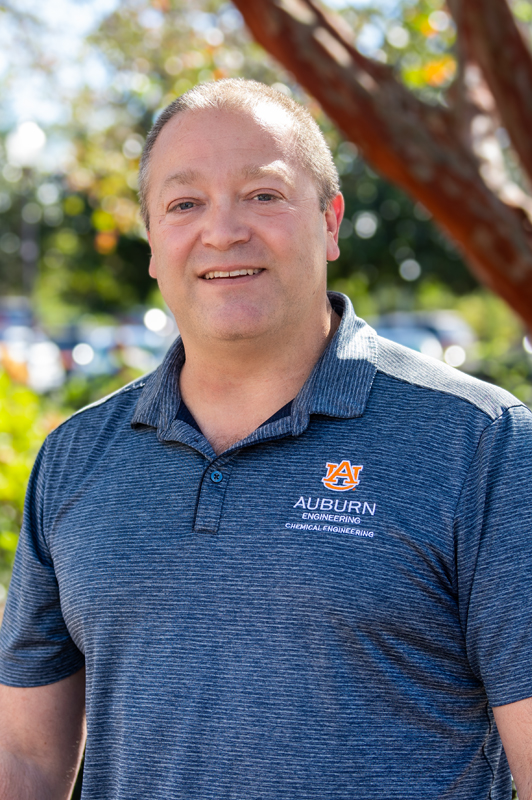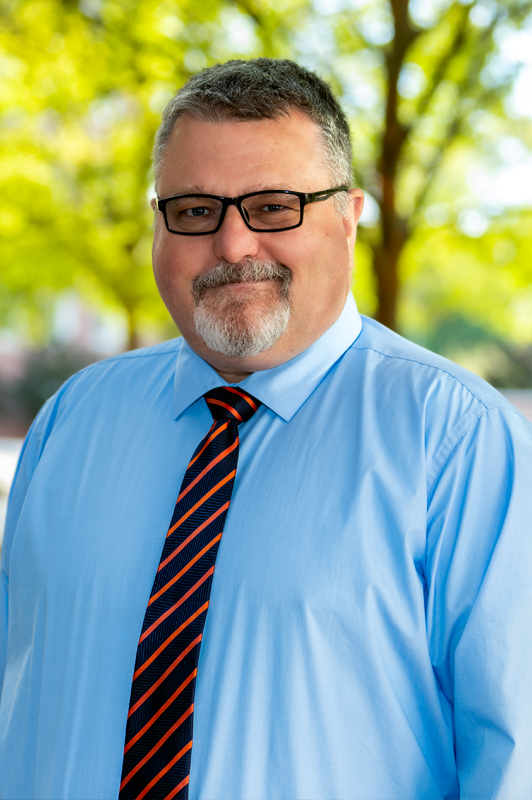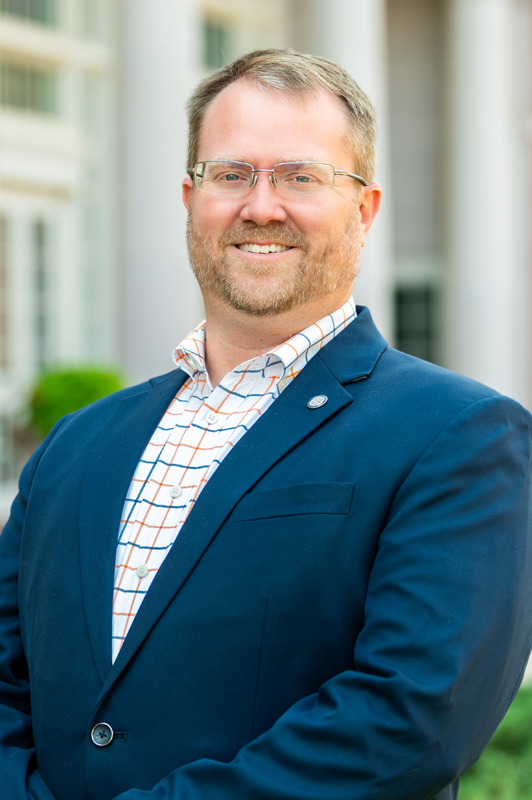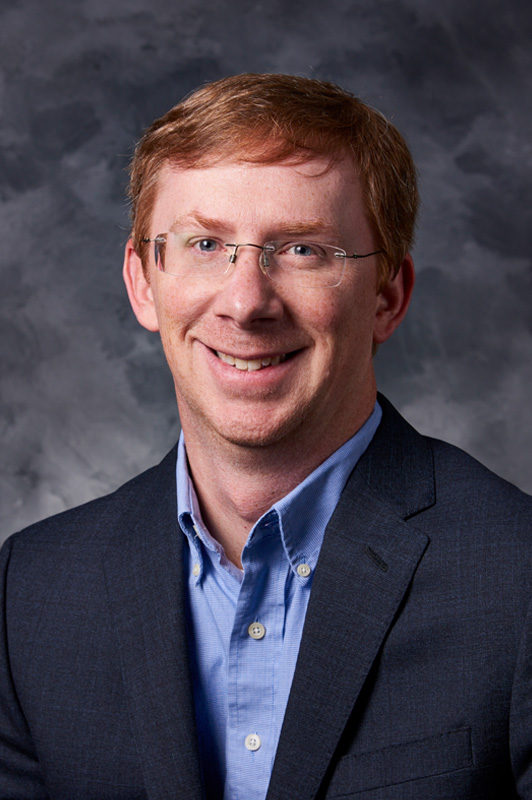Auburn Engineering spearheads PPE donation to East Alabama Medical Center
Published: Apr 1, 2020 3:36 PM
By Cassie Montgomery
The Auburn University Samuel Ginn College of Engineering is donating vital personal protective equipment (PPE) and supplies to East Alabama Medical Center to aid in the local effort to stop the spread of the coronavirus (COVID-19). The donations include 10 gallons of hand sanitizer mixed by the Department of Chemical Engineering and 400 3D-printed protective face shields.
In total, the donated supplies include:
- 426 pairs of eye protection (goggles, safety glasses and face shields)
- 1,719 respirators (N95, N99, N100, R95 and surgical masks)
- 275 boxes of hand protection (nitrile gloves and latex gloves)
- 312 pieces of body protection (disposable lab coats and coveralls)
- Five 60-ounce bottles of hand sanitizer
- 10 gallons of hand sanitizer mixed in the lab
- 400 3D-printed face shields
“The Auburn Engineering family is working in close partnership with East Alabama Medical Center and the Auburn University Medical Clinic to help leverage our capabilities and expertise in whatever ways we can to help during this time of crisis,” said Steve Taylor, associate dean for research in the Samuel Ginn College of Engineering.
Donations of supplies of all sizes were made from faculty across campus, including from the College of Agriculture, School of Forestry and Wildlife Sciences and the College of Architecture, Design and Construction.
“We had faculty who were able to give an overwhelming amount of supplies, and that is amazing, but we’ve also had some who have only had two or three items available to give, and that’s great too,” said Christian Brodbeck, research engineer and a co-organizer of the collection efforts. “No matter the size of the individual donations, we can make a huge difference when we pull our resources together.”
Emmanuel Winful, engineering safety manager who also coordinated the collection efforts, worked with chemical engineering faculty member Bill Josephson and staff member Brian Schwieker to prepare two formulations of hand sanitizer for the hospital following guidelines developed by the World Health Organization – an absolute ethanol formulation and an isopropyl alcohol formulation.
“I think this partnership has allowed the College of Engineering to identify the needs facing the hospital during this public health emergency and leverage the resources and expertise within the college to support the best way we can in addressing the crisis,” Winful said.
Leveraging a network of on-campus 3D printers, a multidisciplinary group of volunteers from engineering, the College of Agriculture and the College of Architecture, Design and Construction have also been able to 3D-print face shields to add to the donation. In just a few short days, 400 shields were printed, assembled and delivered and the team does not plan to stop printing until the hospital has the supplies it needs. With printers running around the clock, the team can produce about 150 face shields per day.
“We’re looking at ways to utilize and leverage the capabilities the university has to augment and supply whatever demand the hospital has that they’re in short supply of or anything innovative that will help them save lives,” said Eldon Triggs, lecturer in aerospace engineering.
In addition to Triggs, the full group of volunteer faculty and staff using fabrication equipment to 3D-print face shields includes:
- Michael Ogles, director of NASA programs
- Darren Olsen, associate professor of building science
- Jerrod Windham, associate professor of industrial design
- Jordan Roberts, lecturer in mechanical engineering
- Garon Griffiths, research engineer
- Chad Bailey, industrial design UTM
- David Gowan, industrial design tech
- Robert Capps, industrial design laboratory assistant
- Jon Davis, lecturer in biosystems engineering
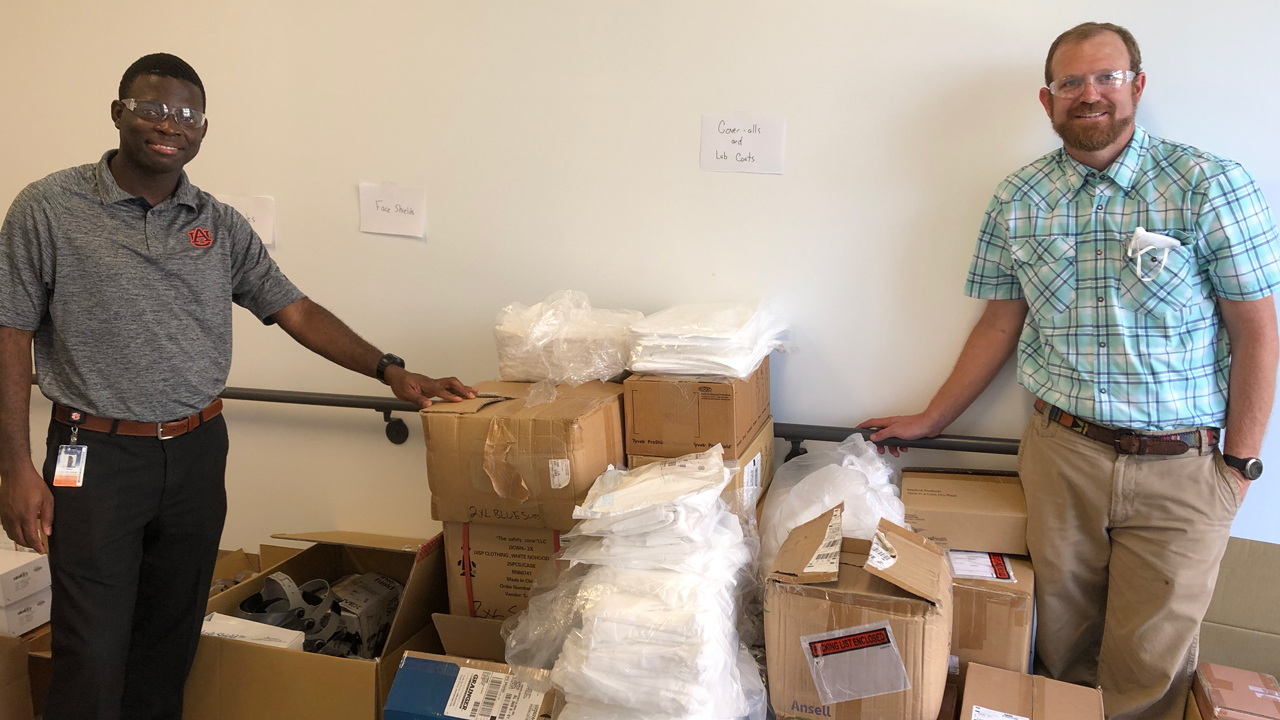
Emmanuel Winful and Christian Brodbeck


